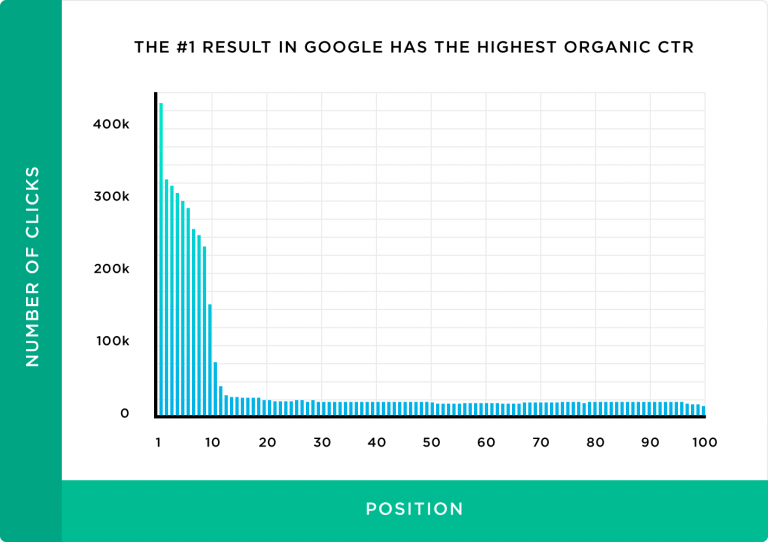
These days, as we know about the quick increase in infections and illness caused from the consumption of meat or synthetically produced edibles, people have started making a move against them by picking Organic food. When we talk about natural food, how might we fail to remember the Indian natural food market is showing higher potential as the focus on organic food, natural cultivating, and supply chains is growing. Alone the Indianatural food market is foreseen to develop over 25% in the following three years. Consequently, there is a colossal extension for wandering into the private venture of natural food and natural cultivating.
In order to set up a small scale business, the utmost important factor is location. Even though there is no surety of success with a great location, a bad location will almost guarantee failure. To find a place with a reasonable degree of security, access to public transport nevertheless combines visibility, affordability in lease terms one can live with, and is considered ideal.
Organic food is a vast market with various product options for consumers. Therefore, there has to be a focus on what the seller wants to sell keeping the consumers’ needs, the state provision, and other significant factors in mind.
Also Read: How To Manage Food Delivery Without Online Food Aggregators
Setting up a business is not easy, and when one wants to do the same in the organic food market, then he/she has to go through a lot of study and verifications, as there are certain legalities before getting approved, such as
• The organization has to get certified by the Organic Trade Association and abide by its rules, which even include following certain organic standards that must be met to qualify under the organic food store category.
• Applying in the health department for the concerned state for the license and food permit as it is required.
• Register for an employer identification number, GST number, and under legal entity for the business, as required.
• Open a separate business account in the name of that business filed with the PAN Card.
Also Read: Best Practices For An Online Food Business
Business such as organic food market requires quite a much of monetary investments as we know organic commodities tends to be more expensive than non-organic ones as organic food production is limited and the demand is soaring and to stock them for the first time, it costs one a big-ticket, as there is a need to give salaries and maintain certain expectation. The infrastructure and interior would be considered as a point of attraction and standard. If the store is big, there may be a need to install CCTV cameras and have insurance.
There are certain financial organizations and banks set for giving retail loans to the business. After getting through the formalities and verification, while there is a need for a loan, the business can avail it from them at a certain interest rate. Even the Government bodies have been helping by giving subsidiaries and providing retail loans at a lesser interest rate in many cases.
How can anyone forget one of the pillars of a business, employees? Though it depends on the scale of the business how many employees would be needed, but an organic food business definitely would require help from employees to run the business and attend to the customers. Not to forget about the staff, they should be given some kind of benefit, maybe monetary, to stay motivated and work.
Also Read: Many Benefits Of Online Food Delivery Platforms For Restaurateurs
Managing and supervising the inflow activities and outflow of the commodities and execution of various other activities is essential initially. Locating a reasonable and remotely closer distributor is another factor to take care of as organic food has a short span.
Consumer satisfaction has to be the goal of any business. With a better facility and helpful staff assisting them, the consumers will have an enriched experience and prefer the service again. The first step should be to educate the team, making them well-versed in the organic products sold.
A word from anyone goes a long way, be it positive and more effective when negative. Hence it is a huge responsibility to maintain a good image of the business. Making fair trade and selling authentic organic food will show the integrity of the company. Setting up prices according to the standard market equilibrium should be preferred. Prices, if too low, may result in losses, and if too high, it may make the consumer reconsider if they should buy from elsewhere. Shifting prices back and forth until discovering the optimal pricing points for organic food products is considered part of the process and is important to attain profits.
Also Read: How To Decrease Wastage In The Food Business
However, waiting for sales to increase is not something anyone would prefer. There is a constant need for growth in a business and marketing is the key. Using different kinds of marketing techniques is desired, such as
• Word of mouth, promotional advertisement, flyers are a few common mediums to help increase sales.
• The organic food business should have their website or social media pages. Online promotions are the most effective way of advertising as it reaches the masses. There should be a fuller utilization of the website with fully updated information.
• There are more offline methods as well, such as banners and posters.
• To further attract more potential customers if possible, circulate a limited number of coupons.
• Make a mark of your store on Google maps.
The organic food market in India is booming. There has been a revolutionary change in preferences of the people and their consciously going for a healthy lifestyle, making it a potential need to invest in or start a business with high margin opportunities. Hence commencing an organic food business in India is very profitable if one is ready to invest time and work hard with detailed planning and proper execution.






